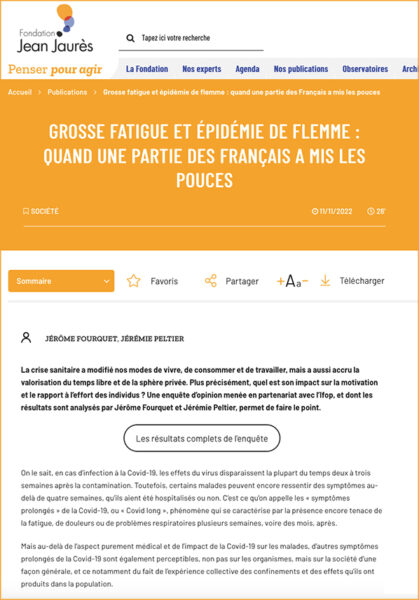In February 2010, 50 leaders of the largest European industrial groups presented their “Vision for a Competitive Europe in 2025” and, in so doing, criticized Europe’s industrial decline. However, as MIT had done 20 years earlier in its study Made in America (Cambridge [Mass.]: Massachusetts Institute of Technology Press, 1989), they stressed at the same time that this decline was not inevitable, but that Europe had to say goodbye to managerial practices that had turned out over recent decades to be suicidal, both for companies and for regions/localities and the overall performance of the European economies – and the French economy in particular.
Since then, things have scarcely improved: any number of alarms have been sounded and there have been countless grand speeches rehashing the knowledge-economy-related objectives that were originally set for 2010, but are now being spoken of as relating to 2020. These include the creation of competitiveness hubs, a reinvigorated research effort, the imperative to innovate, etc. And yet, confronted with ever more intense competition, companies and regions/localities often remain in a state of uncertainty: what is to be done concretely? How can innovations actually be promoted that are able to improve their overall performance and lasting competitiveness?
To attempt to answer these questions, the Futuribles International Association has decided to launch a subscription study aimed at identifying directly on the ground what are the good practices initiated by companies and regional/local authorities, at exploring how these have been implemented and what very concrete lessons can be learned from them, so that they may be transposed from one company or region/locality to another.
By way of prologue to this study, six precise cases are presented in detail by actors on the ground, these latter being, for the most part, entrepreneurs: the Meyer-Sansbœuf rope manufacturing concern (Haut-Rhin); the fencing designer and manufacturer Lippi (Charente); the shoe manufacturer Samson (Maine-et-Loire); the clothes-peg producer Laguelle (Allier); the participation of a dozen or so companies from the Industries and Agro-Resources Competitiveness Hub (in Picardie) in the Futurol project (on second-generation biofuels); and the software designer CLT Services (Paris). Drawing on these six case-studies and much other original evidence and experience, André-Yves Portnoff offers some broader, deeper thinking on the actors in the current “intelligence revolution”, thinking which shows that it is possible to produce quality goods and services in France and Europe, and to be competitive without cutting back on human capital (far from it, indeed) – all this contributing to the identification of some primary key factors of lasting success for companies and regions/localities.



